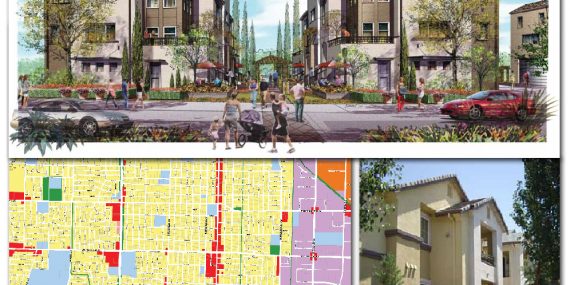Extension Cords
When someone suffers an injury, regardless of whether they are a tenant, contractor, church member, visitor, or trespasser, your church may be liable. Although the Court will take into consideration the reason someone was on the property when they were injured, that doesn’t necessarily protect you from trespassers. This is particularly relevant when a dangerous condition is known to exist, but no steps are taken to correct it. A church owner can be liable if found to be is negligent in the failure to use reasonable care to keep the […]










